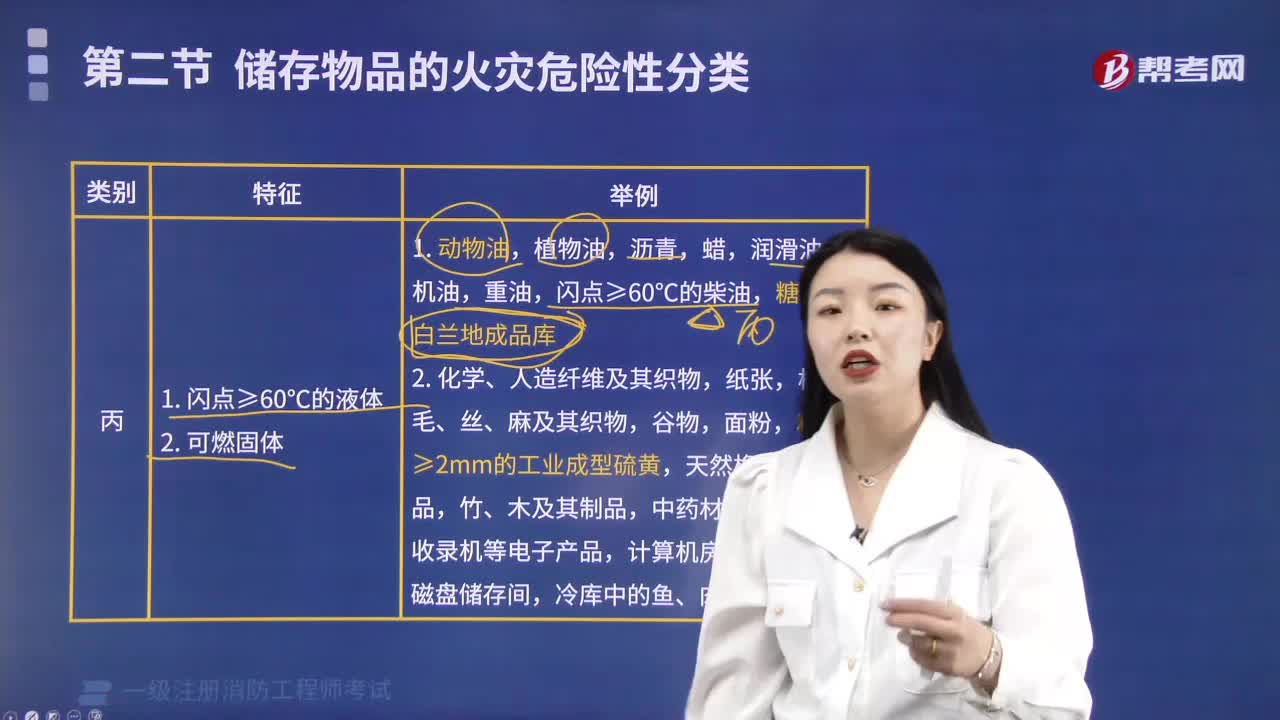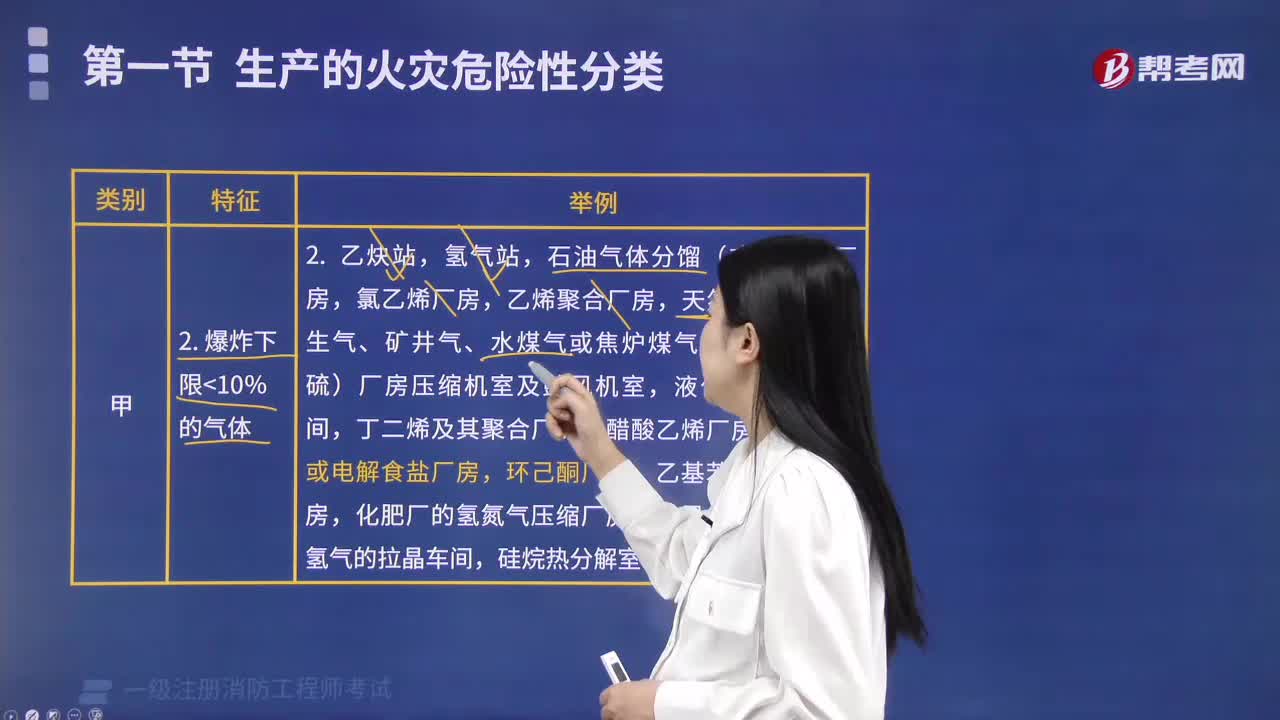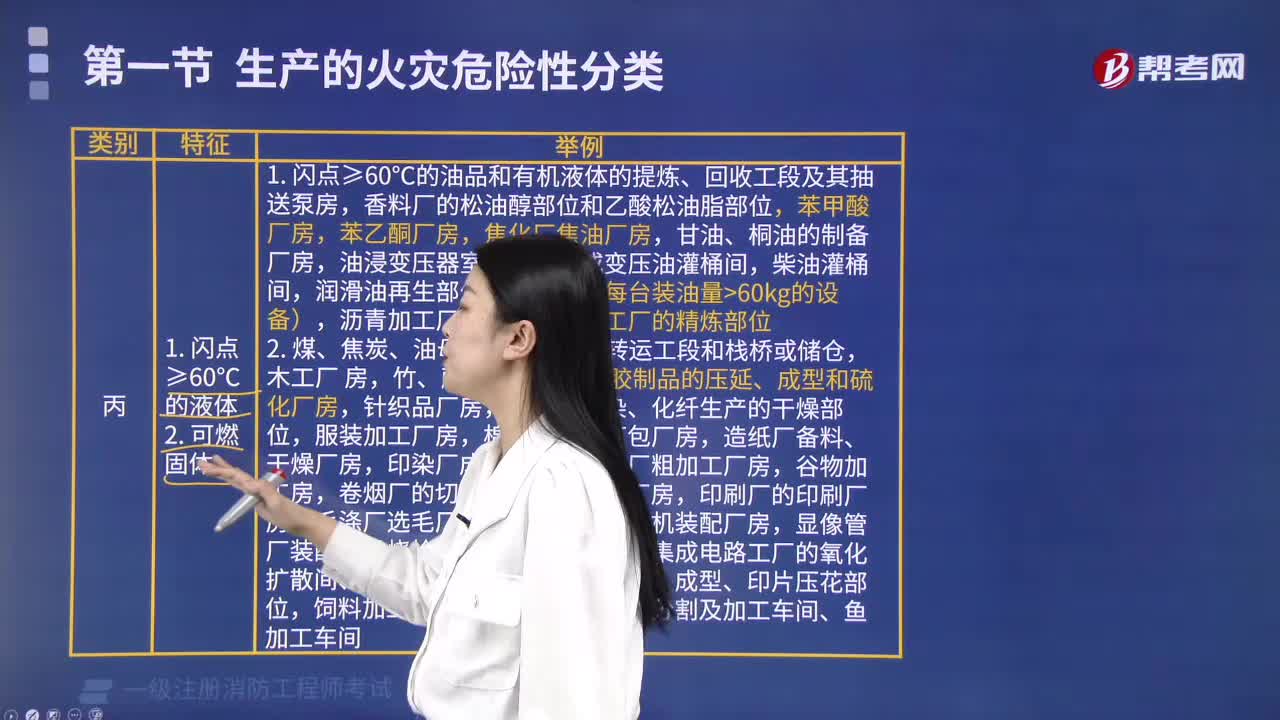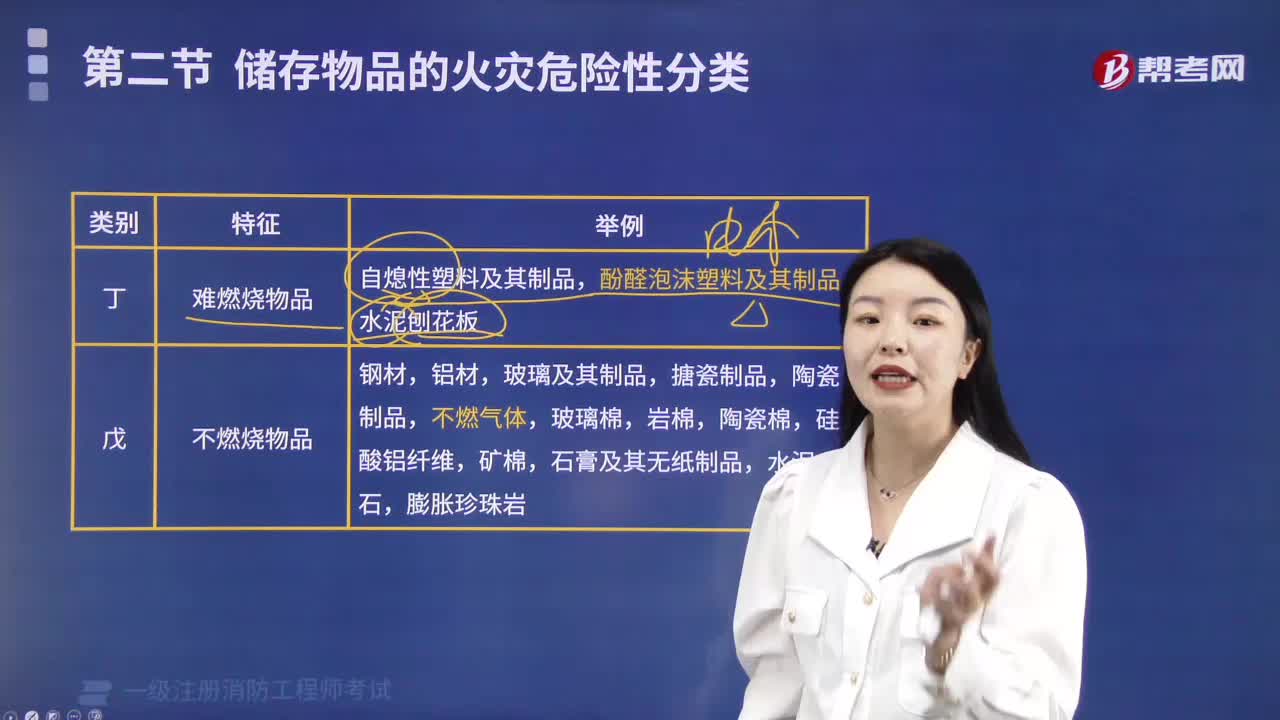
下载亿题库APP
联系电话:400-660-1360

下载亿题库APP
联系电话:400-660-1360

请谨慎保管和记忆你的密码,以免泄露和丢失

请谨慎保管和记忆你的密码,以免泄露和丢失

2025年职称英语考试《综合类》考试共65题,分为单选题。小编为您整理阅读理解分析5道练习题,附答案解析,供您备考练习。
1、Pronouncing a LanguagePronouncing a language is a skill. Every normal person is an expert in the skill of pronouncing his own language; but few people are even fairly proficient at pronouncing foreign languages. Now there are many reasons forthis, some obvious, some perhaps not so obvious. But I suggest that the basic reason why people in general do not speak foreign languages very much better than they do native language is that they fail to understand the true nature of the problem of learning to pronounce. Far too many people fail to realize that pronouncing a foreign language is a skill----one that needs careful training of a special kind, and one that cannot be gained by just leaving it to take care of itself. I think even teachers of language, while realizing the importance of a good accent, often neglect, in their practical teaching, the branch of study concerned with speaking the language. So the first point I want to make is that English pronunciation must be taught; the teacher should be prepared to devote some of the lesson time to this, and get the student to feel that here is a matter worthy of receiving his close attention. So, there should be occasions when other aspects of English, such as grammar orspelling, are allowed forthe moment to take second place.Besides this question of the time given to pronunciation, there are two other requirements forthe teacher: the first, knowledge; the second, technique.It is also possible to get a clear mental picture of the relationship between the sounds of different languages, between the speech habits of English people and those, say, of your students. Unless the teacher has such a picture, any comments he may make on his students\' pronunciation are unlikely to be of much use, and lesson time spent on pronunciation may well be time wasted.According to the writer, what are teachers likely to ignore?【单选题】
A.The practical techniques of teaching
B.The importance of a good accent
C.The teaching of spelling and grammar
D.The teaching of pronunciation
正确答案:D
答案解析:从第1段第6句可知,甚至教语言的老师,即便知道好的口音的重要性,在实际教学中也常常忽略这种和语言有关的学科,因此答案是D。
2、LanguageWhen one looks back upon the fifteen hundred years that are the life span of the English language, he should be able to notice a number of significant truths. The history of language is a history of constant change-at times a slow, almost imperceptible change, at other times a violent collision between two languages. Language a living growing organism, it has never been static. Another significant truth that emerges from such a study is that language at all times has been the possession not of one class orgroupbut of many. At one extreme it has been the property of the common, ignorant folk, who have used it in the daily business of their living, much as they have used their animals orthe kitchen pots and pans. At the other extreme it has been the treasure of those who have respected it as an instrument and a sign of civilization, and who have struggled by writing it down to give it some permanence, order, dignity, and if possible, a little beauty.As we consider our changing language, we should note here two developments that are of special and immediate importance to us. One is that since the time of the Anglo-Saxons there has been an almost complete reversal of the different relationship of words in a sentence. Anglo-Saxon(old English) was a language of many inflections. Modern English has few inflections. We must now depend largely on word orcerand function words to convey the meanings that the older language did by means of changes in the forms of words. Function words, you should understand, are words such as prepositions, conjunctions, and a few others that are used primarily to show relationships among other words. A few inflections, however, have survived. and when some word inflections come into conflict with word order,. there may be trouble forthe users of the language, as we shall see later when we turn our attention to such maters as WHO orWHOM and ME orl. The second fact we must consider is that as language itself changes, our attitudes toward language forms change also. The eighteenth century, forexample, produced from various sources a tendency to fix the language into patterns not always setin and grew, until at the present time there is a strong tendency to restudy and re-evaluate language practices in terms of the ways in which people speak and write.In contrast to the earlier linguists, modern linguists tend to _____.【单选题】
A.attempt to continue the standardization of the language
B.evaluate language practices in terms of current speech rather than standards orproper patterns
C.be more concerned about language than its analysis orhistory
D.be more aware of the rules of the language usage
正确答案:B
答案解析:这篇文章讲的主要是英语语言演变的一些特点,指出了古英语与现代英语的不同,以及语言学家态度的转变。本题问的正是现代语言学家与早期语言学家不同的倾向,以说和写的方式评价语言实践,而不是像早期的语言学家根据一定的模式评价语言。选项B符合文章的意思。
3、Indian\'s NamesEach Indian was supposed to keep his birth name until he was old enough to earn one forhimself. But his playmates would always give him a name of their own. No matter what his parents called him, his childhood friends would use the name they had chosen. Often it was not pleasing, such as Bow Legs orBad Boy. But sometimes a name fit so well that the youngster found it difficult to shake it off. If he could not earn a better one from a war later, he could be stuck with a name like Bow Legs forthe rest of his life.The Indian earned his real name when he was old enough forhis first fight against the enemy. His life name depended on how he acted during this first battle. When he returned from the war, the whole tribe would gather and observe the ceremony in which he would be given his name by the chief. If he had done well, he would get a good name. Otherwise he might be called Crazy Wolf orMan-Afraid-of-a Horse. So an Indian\'s name told his record ordescribed the kind of man he was.A man was given many chances to improve his name, however, if in a later battle he was brave in fighting against the enemy, he was given a better name. Some of our great fighters had as many as twelve names, all good and each better than the last.An Indian\'s names belonged to him forthe rest of his life. No one else could use them. Even he himself could not give them away because names were assigned by the tribe, not the family. So no man could pass on his name unless the chief and the tribe asked him to do so.Sometimes an Indian would be asked to give his name to a son who had performed a noticeable deed. I know of only three orfour times when this happened. It is the rarest honorfora person -the honorof assuming his father\'s name.What was the greatest honoran Indian could earn?【单选题】
A.A victory in his first battle against the enemy.
B.A name given by the chief.
C.A ceremony to get his real name.
D.The right to use his father\'s name.
正确答案:D
答案解析:文章最后一句the rarest honorfora person就是承袭父亲的名字,因此选D。
4、Women Staying in Mini-Skirts forLongerBritish women are happy nowadays to wear mini-skirts up until the age of40, according to research by Debenhams.Just 20 years ago, few women would dare to wear a mini-skirt. after the age of 33, the store said. "It shows that women now have an increasing confidence in their bodies and are happy to dress accordingly," it added in a statement. "If this trend continues, there\'s no doubt that, within the next decade, women in their mid 40s and early 50s will rightly regard a mini-skirt as an essential part of their everyday wardrobe. "The figures emerged when the store examined the latest age profile of women buying short,36-cm skirts over the past six months. Their results show that it has jumped from an average age of36-years-old at the start of millennium to 40 today. Figures from 1980 showed that on average women stopped buying minis when they reached 33 years old, a figure unchanged from the mid-1960s.The store noted that experts believe that the popularity of intensive gym culture, providing women with well toned bodies forlonger may be the reason, The increasing number of British women living on their own may also be a factor.The Debenhams\' study showed that a modern woman\'s love affair with a mini-skirt begins at the age of 14 but that she doesn\'t buy her first one until the age of 16. Instead, she flouts school rules by rolling up the waistband of the school uniform to give the impression of wearing a mini skirt.Skirts get shorter between the ages of 16 and 19, reducing in size from 46 to 36 cm before reaching their shortest, a mere 32 cm, at the age of 23. Skirt length increases slightly between the ages of 23 and 27, rising to 37 cm, possibly due to girls being in their first stable relationship, with no desire to attract attention, the store said.However, it found short skirts suddenly zoom in popularity between the ages of27 and 34, as those early relationships break down, and new relationships are formed. The move into longer skirts begins irreversibly at 40 years old, when 46-cm skirts, still slightly above the knee are the norm. From then on, skirt length increases dramatically, falling below the knee forthe very first time since school days at the age of42.According to the passage, British women are happy to wear mini-skirts up until an old age because of the following reasons EXCEPT_____.【单选题】
A.women are more and more confident in their bodies
B.women nowadays pay much more attention to body building, and this provides- them with well toned bodies to wear mini-skirts
C.the Climate of Great Britain are getting warmer in recent years, thus women can wear minis fora longer time
D.more and more women are now living on their own
正确答案:C
答案解析:英国女性中愿意穿超短裙的人群年龄有上升的趋势,主要是因为人们越来越自信,注意健身保持体形,以及女性生活更加独立。气候变暖不是文中所说的原因之一。
5、Life at Aichi UniversityI\'m Yamamoto Mika, a 22 years old Japanese girl. I\'d like to invite you to Aichi University so you can understand my life.Our university has a close relationship with China and my department is the only one of its kind in Japan. My courses include the Chinese language, modern Chinese politics and economics. I love Chinese culture and I have been to Tianjin as an exchange student.In Japan, our courses are divided into compulsory, optional and specialized courses. However, we have a flexible schedule. We can choose classes from a wide range of options.Many students finish the compulsory courses in three years so that they can have one year without any classes. They often use this period of time to study abroad, conduct research and travel. Many students even suspend their study foradditional study - abroad opportunities,Japanese universities encourage students to choose their own ways of study, so it is quite easy forus to apply forstudy suspension.Japanese students participate in various kinds of extracurricular (课外的) activities. They attend clubs from elementary schools, so many students have already been accustomed to clubs when they enter university.Our university now has 42 art clubs and 45 sports clubs. The annual University Festival is the grandest carnival (狂欢节) of Japanese universities. In the festival, students promote their clubs and organize various activities. Our university\'s festival attracted about 150,000 people last year. I really like this festival.When we promote our clubs, we cook "tonnjiru", a kind of pork soup, and sell it to other students at the fair.We also go to different places to interview celebrities (名人) who attend our festival as guests. It is a wonderful experience to talk to those stars face to face.Japanese students like to hold parties. We have two kinds of parties. One is the Mochivori party. If you want to attend this party you have to cook something and take it to the party. The organizer buys drinks and snacks.The other kind of party is the Nomikai, which mainly involves alcohol. We drink something called chu - hai, which is a combination of soda and wine. We also drink Japanese sake (日本米酒) and beer. There are parties formany occasions, like welcoming new students, celebrating victories and birthday parties orjust forpromoting friendship.Which statement is NOT true of Yamamoto Mika? ____【单选题】
A.She has never been to China.
B.She is a Japanese student.
C.She loves Chinese culture.
D.She wants you to understand her life.
正确答案:A
答案解析:本题有一定难度,需要认真阅读文章,答案依据在文章第二段。第二段最后作者谈到作为交换留学生曾到过天津。回来看选项,很明显A是答案,本题也可先看选项,得到信息提示。
 79
79为什么商务英语考试中有的考生不允许入场?:为什么商务英语考试中有的考生不允许入场?考点将拒绝考生入场,并不予改期考试或退还考费:1. 抵达考点与网上报名所选考点不一致;2. 未携带准考证或规定的有效身份证件;3. 所携身份证件的有效性未通过核验;4. 身份证件类型和号码与所持准考证显示信息不符;5. 身份证件相片与本人明显不符;6. 未按准考证规定时间到达考场;7. 不服从监考人员的管理,扰乱考场秩序。
 21
21需要具备怎样的基础才能备考商务英语BEC中级?:商务英语中级需要有大学英语四级到六级的水平。
 30
30学习商务英语BEC初级需要具备怎样的基础?:学习商务英语BEC初级需要具备怎样的基础?根据BEC考试大纲的要求,学习BEC初级需要有公共英语四级的水平。
 02:32
02:322023-06-07
 03:51
03:512023-06-07
 03:11
03:112023-06-07
 01:10
01:102023-06-07
 02:43
02:432023-06-07

微信扫码关注公众号
获取更多考试热门资料